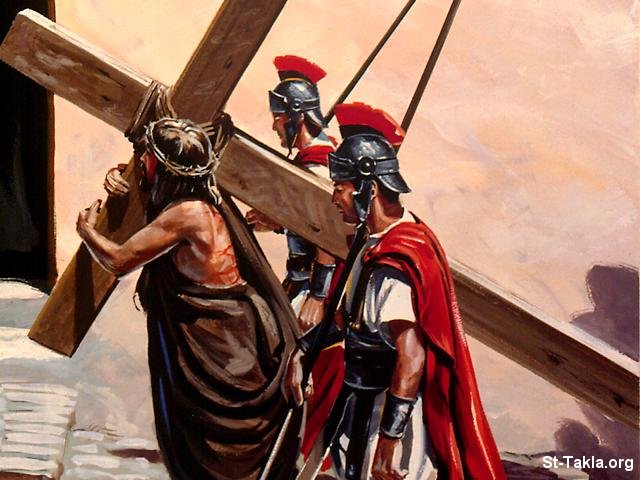 From Ransomed Heart
From Ransomed Heart
For some reason we keep forgetting that Jesus, in the Gospels, is operating in enemy territory. We project into the Gospel stories a pastoral backdrop, the quaint charm of a Middle Eastern travel brochure—picturesque villages, bustling markets, smiling children—and Jesus wandering through it all like a son come home from college. We forget the context of his life and mission. His story begins with genocide—the massacre of the innocents, Herod’s attempt to murder Jesus by ordering the systematic execution of all young boys around Bethlehem. I’ve never seen this included in any crèche scene, ever. Who could bear it? You must picture ethnic cleansing as the twentieth century saw in Bosnia, Rwanda, Burma. Atrocity, the ground soaked with the blood of children who five minutes earlier were laughing and playing.
God the Father, knowing this is about to strike, sends an angel to warn Joseph:
An angel of the Lord appeared to Joseph in a dream. “Get up,” he said, “take the child and his mother and escape to Egypt. Stay there until I tell you, for Herod is going to search for the child to kill him.” So he got up, took the child and his mother during the night and left for Egypt, where he stayed until the death of Herod. (Matthew 2:13–15)
The little family flees the country under cover of darkness, like fugitives. The Father’s strategy is intriguing—surely God could have simply taken Herod out. Or sent angels to surround the holy family. Why must they run for their lives? It ought to make you think twice about how God goes about his plans in this world.
Surely you see that Jesus was a hunted man?
We cannot understand his actions, nor taste the richness of his personality until we set them within context—the man is operating deep behind enemy lines. This colors his extraordinary movements across the pages of the Gospels and helps to strip away that benevolent religious fog that continues to creep into our reading. It also gives depth and poignancy to moments of self-disclosure such as, “The Son of Man has no place to lay his head” (Matt. 8:20). Because he was hunted.
No comments:
Post a Comment